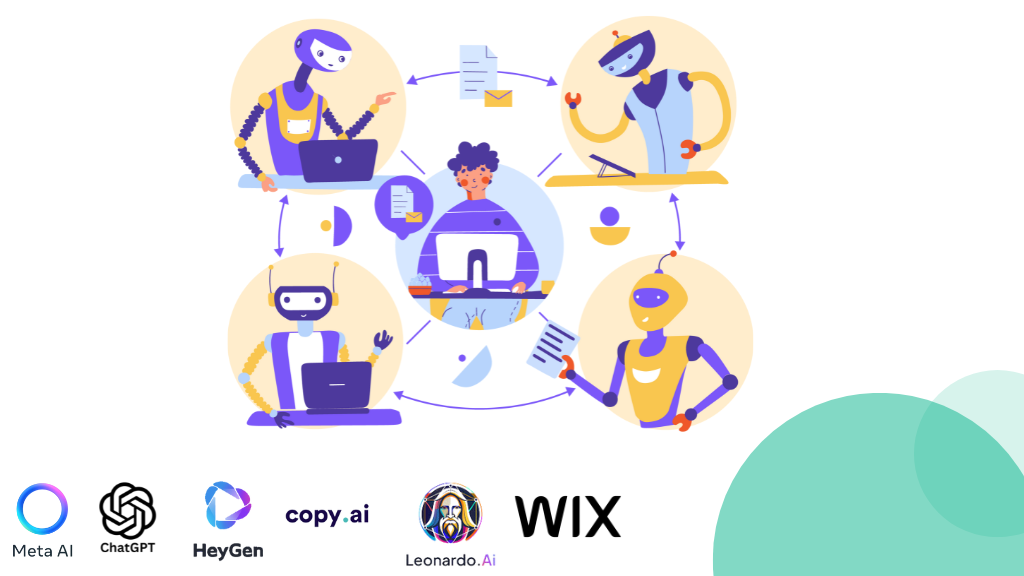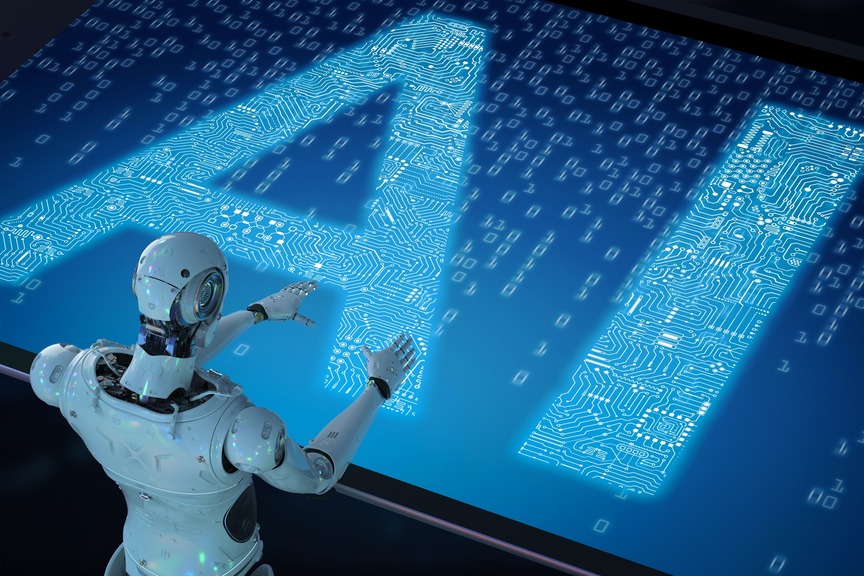
In recent years, generative AI has emerged as a transformative force across various sectors, revolutionizing the way businesses operate and innovate. By utilizing advanced algorithms and vast datasets, generative AI can produce new content, automate processes, and enhance decision-making. As Ceo of google, Sundar Pichai states that “The potential of generative AI to transform industries is enormous, enabling businesses to automate processes and create personalized experiences at an unprecedented scale”.
Understanding Generative AI: How is Generative AI Used in Business?
Generative AI refers to a class of artificial intelligence algorithms that can generate new content or data based on input parameters. In business, this technology is employed in various applications, including content creation, product design, customer service, and data analysis. For instance, generative AI can automatically generate marketing copy, design prototypes, or even create personalized customer experiences.
One of the significant advantages of generative AI is its ability to analyze large datasets quickly, enabling businesses to identify patterns and trends that inform decision-making. Companies can leverage generative AI to enhance efficiency by automating repetitive tasks, allowing employees to focus on more strategic initiatives. By answering the question, “How is generative AI used in business?“, we see its potential to revolutionize traditional workflows and drive innovation across industries

Case Studies: Generative AI in Business Across Various Industries
To illustrate the practical applications of generative AI, let’s examine a few case studies of different businesses
- Retail: Stitch Fix
Stitch Fix, an online personal styling service, utilizes generative AI to enhance customer experience and inventory management. By analyzing customer preferences and trends, the company can suggest tailored outfits, significantly improving customer satisfaction and retention. - Healthcare: Zebra Medical Vision
Zebra Medical Vision employs generative AI to analyze medical imaging data. Their AI algorithms can generate insights that assist radiologists in diagnosing conditions more accurately and efficiently, showcasing the potential of AI innovation in business settings where precision is critical. - Entertainment: music stack
Music Stack, a music creation platform, uses generative AI to compose original music tracks based on user inputs. This allows content creators to access custom soundtracks, streamlining the production process while catering to individual needs.
These case studies exemplify how generative AI is being used in business across diverse industries, driving efficiency and fostering innovation.
Exploring Generative AI in Business: Tools and Platforms
A variety of tools and platforms are now available to facilitate the implementation of generative AI in business processes. Notable examples include:
- OpenAI’s GPT: This language model excels in generating human-like text, making it ideal for applications in marketing, customer service, and content creation.
- DALL-E: This image generation tool can create visuals from textual descriptions, proving valuable in industries such as advertising and product design.
- Runway ML: This platform allows users to create and edit video content using AI, offering new avenues for creative professionals.
- DeepArt: Leveraging neural networks, DeepArt transforms photos into artworks, showcasing the intersection of technology and creativity in visual arts.
The Future Landscape: Generative AI in Business and Its Implications

As generative AI continues to evolve, its implications for the business landscape will be profound. Companies that embrace AI innovation in business can expect to see significant advancements in operational efficiency, product development, and customer engagement. Moreover, the ability to create personalized experiences will become important as consumers demand solutions.
In the future, we may witness a rise in AI-powered decision-making tools that enable businesses to make data-driven choices faster and more effectively. However, this also raises ethical considerations surrounding data privacy, job displacement, and the potential misuse of AI-generated content. Organizations must navigate these challenges while harnessing the power of generative AI to maintain a competitive advantage.
What is the Impact of Generative AI on Strategic Decision-Making?
Generative AI profoundly impacts strategic decision-making by providing data-driven insights that inform critical business choices. By analyzing vast amounts of data and generating predictive models, generative AI helps leaders identify trends, mitigate risks, and capitalize on opportunities.
For instance, businesses can leverage generative AI to simulate various scenarios, allowing decision-makers to assess potential outcomes and make more informed choices. This technology not only enhances the accuracy of forecasts but also reduces the time required for analysis. In answering the question, “What is the impact of generative AI?“, we see that it enables organizations to become more agile and responsive to market changes, ultimately driving growth and innovation.
CONCLUSION
The integration of generative AI into business practices is reshaping industries, enhancing efficiency, and fostering innovation. By understanding how generative AI is used in business, examining real-world applications, exploring available tools, considering future implications, and analyzing its impact on decision-making, businesses can harness this technology to thrive in an increasingly competitive enviroment.

